Nutritionist reveals best diets for weight loss
Is losing weight is your aim then this is the diet to follow says a registered nutritionist – although it does come with a downside.
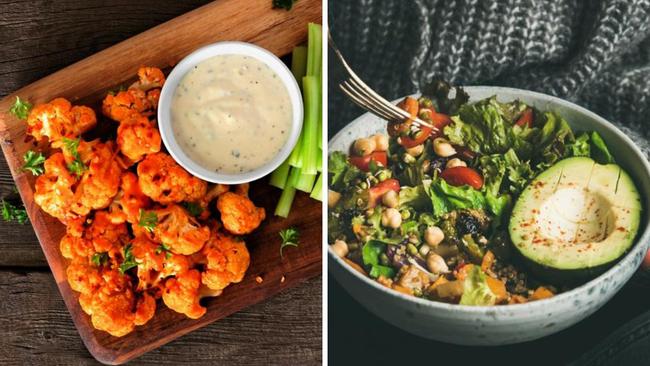
Health
Don't miss out on the headlines from Health. Followed categories will be added to My News.
This time of year, chances are that your inbox and social media feed has been inundated with all the latest diet offerings – juice cleanses, shakes, programs, kickstarts and regimes claiming that they hold the ultimate answer to weight loss.
Like many things in life, in the case of diet programs, if they sound too good to be true, they usually are. Most fad diets leave us weighing the same, if not more, a month of two after starting them.
In the case of truly wanting to commit to sustainable lifestyle change, and drop a few kilos in the process, here are some of the most common diets out there, and the pros and cons of each.
1. Mediterranean
Voted as one of the healthiest diets, and specifically known for its association with longevity and a reduced risk of developing a number of lifestyle diseases, a Mediterranean diet is more of a style of eating rather than a prescriptive program.
Packed full of fresh fruits and vegetables (seven to ten serves a day!), a decent amount of good fat thanks to the liberal use of extra virgin olive iil, nuts and avocado, and little to no processed food. While many people would claim to eat this way, few achieve the balance that defines a true Mediterranean diet.
One of the healthiest diets, those who follow a Mediterranean diet live longer and have a reduced risk of developing a number of lifestyle diseases including Type 2 diabetes, some types of cancer and heart disease.
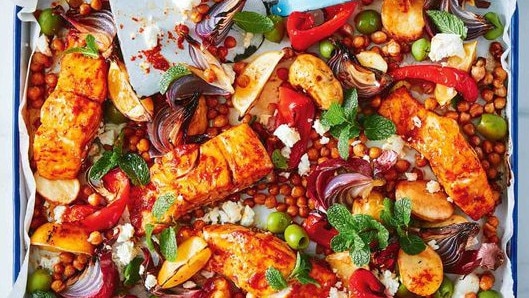
Cons
While extremely healthy, a Mediterranean diet is not always lower in calories, and as such is not associated with weight loss
Best for
Those wanting a healthy diet but who are not specifically interested in weight loss. Ideal to adopt once you have lost a few kilos and are looking for a healthy way to maintain this loss.
Sample day
Breakfast – poached eggs with spinach, tomato cooked with extra virgin olive oil, espresso
Lunch – tuna salad with greens, crusty bread with extra virgin olive oil
Snack – fresh fruit, handful of nuts
Dinner – small glass of red wine, shellfish, spinach, tomatoes, leaves dressed with extra virgin olive oil
2. Plant based
A general description given to a style of eating that is largely or entirely based on plant-based eating and includes a vegan diet in which no animal food is consumed, as well as vegetarianism in which some dairy or fish may be included.
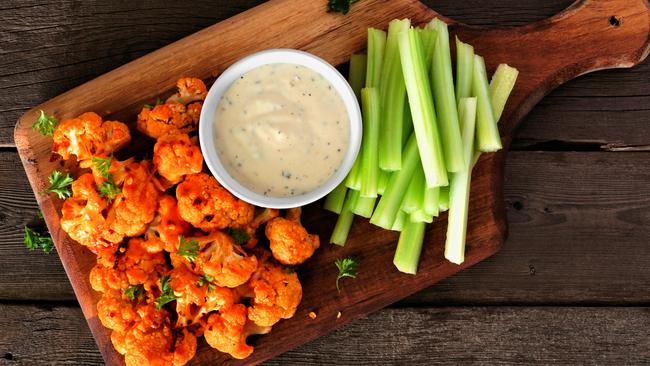
Pros
Increasing our intake of wholegrains, nuts, seeds, fruits and vegetables is a good thing generally.
Cons
While plant-based options are generally considered healthier, this is not always the case, with plenty of ultra processed plant-based alternatives filling up menus and supermarkets. If your goal is to reap the health benefits of eating plant based, ensure your food choices are as minimally processed as possible.
It’s also important to know that plant based does not necessarily mean low calorie, so eating a plant-based diet does not guarantee weight loss.
Best for
Those who are wanting to adopt a plant-based lifestyle as opposed to specifically wanting weight loss.
Sample day
Breakfast – soy milk coffee, bowl of granola with oat yoghurt
Lunch – mixed salad with avocado and chick peas
Snacks – fresh fruit, nuts and seeds
Dinner – marinated tofu, brown rice vegetable stir fry
3. Calorie control
While the Mediterranean diet has consistently won the best diet award for several years running, when AI was recently used to compute the data to identify the best weight loss diet, a simple formula that linked weight control to a general calorie intake of 1200 to 1400 came up trumps.
While not overly exciting, new or sexy, there is a lot to be said for basic calorie-controlled eating when it comes to sustainable weight loss.
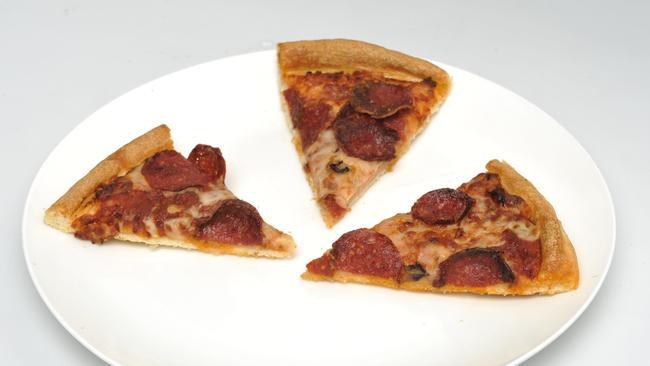
Pros
Relatively easy, aiming to keep your calorie intake controlled at each meal is not expensive, nor labour intensive, simple and it works.
Cons
For those with a history of restrictive eating or dieting, calorie monitoring may be associated with overly restrictive eating and as such not the best option.
Best for
Those wanting to actively lose weight and who are happy to use self-monitoring to guide food choices.
Sample day
Breakfast – Greek yoghurt, fresh fruit, 1/3 cup oats, skim cappuccino
Lunch – salmon wrap, side salad, piece of fruit
Dinner – 120g lean meat, small jacket potato, large salad with avocado
4. Fasting
A range of dietary programs that encourage followers to either dramatically reduce calorie intake on two non-consecutive days (the 5:2) or fast for an extended number of hours each day (16:8) to reap a range of metabolic benefits which may include slow but sustainable weight loss.
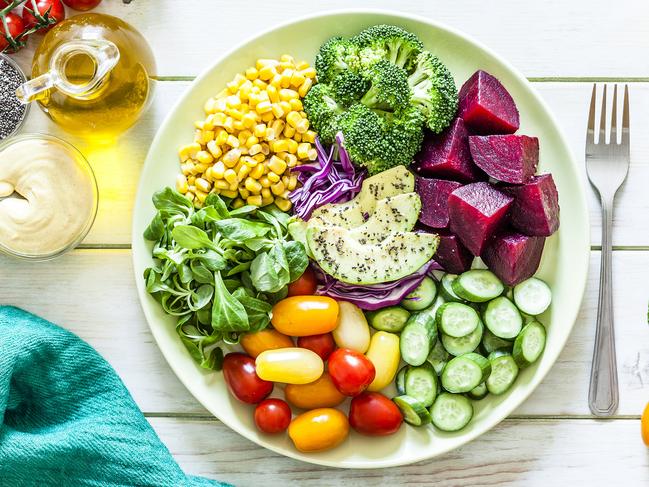
Pros
The 16:8 can be relatively easy to follow and takes the focus off calorie counting and overall food restriction. The only thing dieters need to focus on is eating all their calories within an eight-hour period. It can fit in with life well, allowing times for eating more at social events and celebrations with dieters able to somewhat buffer the effects by not eating for a number of hours afterwards.
Cons
The 5:2, in which followers include two especially low calories days each week can be difficult to follow long-term.
Best for
Those wanting to reap the health benefits associated with fasting including reducing blood pressure, blood glucose and cholesterol. Will support small weight losses of 1 to 2kg per month in those with relatively small amounts of weight to lose (5 to 10kg).
Sample 500 calorie day
Breakfast – piccolo, berries with 100g protein yoghurt
Lunch – egg white omelette with tomatoes and spinach
Dinner – 70g chicken breast, green salad
5. 800 calorie diets
Proposed to strike a balance between calorie-controlled diets and intermittent fasting, while an 800-calorie diet will shift the kilos quickly, it will be more as a result of starvation than of improving metabolic rate and supporting long term weight control.
Pros
You will certainly lose weight if you are able to stick to an 800-calorie diet
Cons
Grossly inadequate in calories for the average adult, a significant amount of the weight you will lose is likely to be muscle mass, and there are much better, evidence-based diet programs out there.
Best for
To be used under dietetic supervision only, to prevent doing more harm than good to your metabolic rate long term.
Susie Burrell is a dietitian and nutritionist and holds a Master’s degree in coaching psychology.
Originally published as Nutritionist reveals best diets for weight loss





